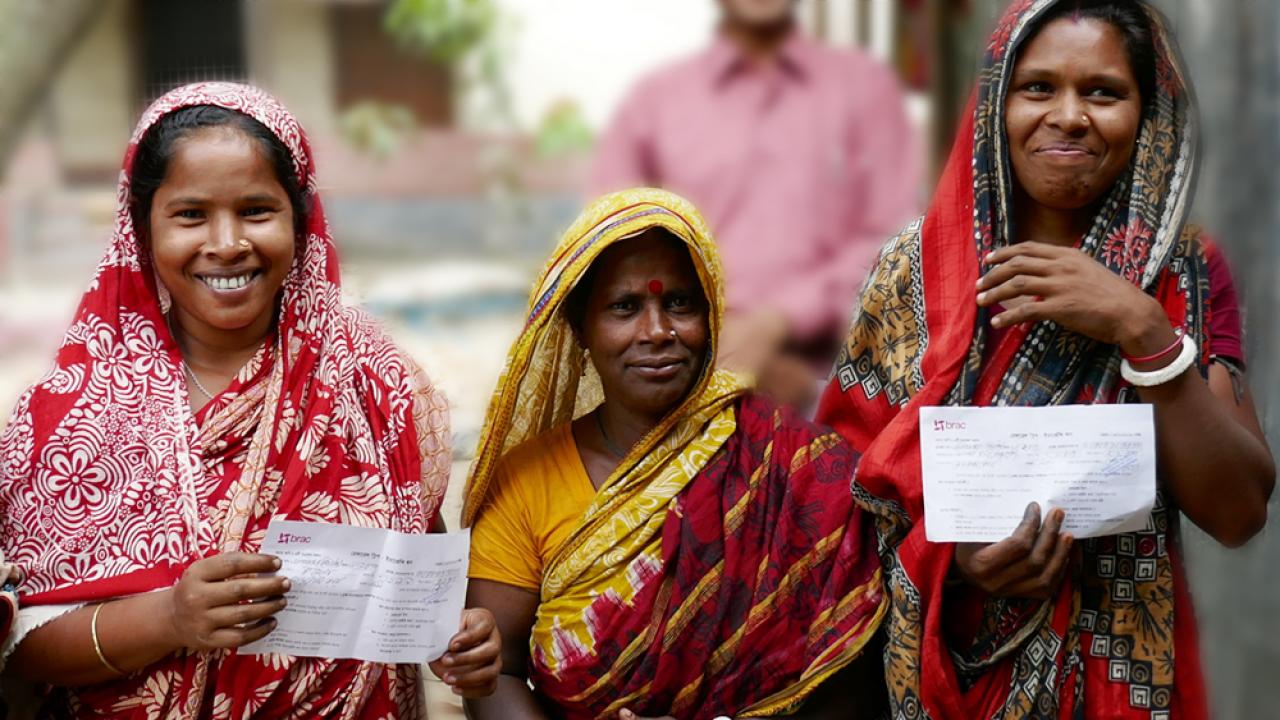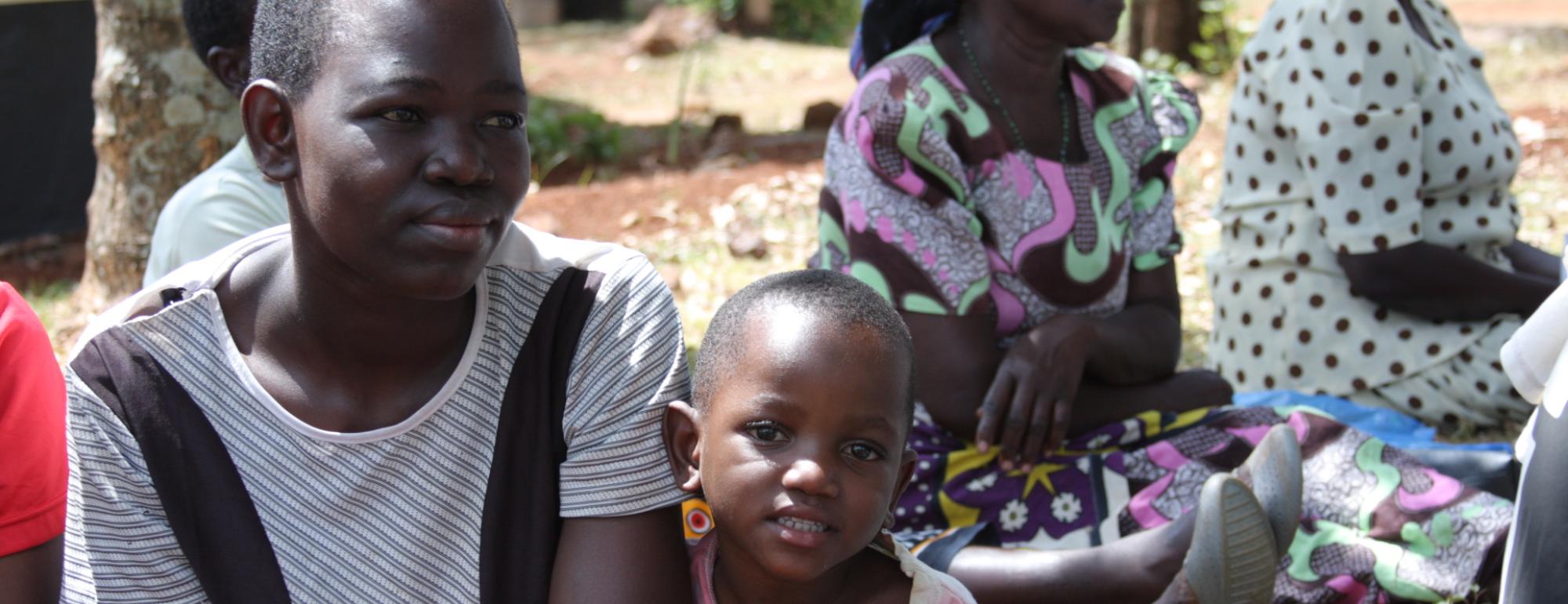Unlocking the potential of small-scale agriculture
Across much of Africa and South Asia, climate change has worsened the risk of drought and unpredictable weather, increasing barriers for small-scale farmers to achieve a better future through agriculture. Facing these risks, farmers hold back from investing their scarce resources into improved practices or more productive crop varieties because they can’t risk losing everything.
At the same time, when financial or agronomic tools reduce losses or provide support when times are bad, farmers often make those investments, and they reap the rewards at harvest. These two together—resilience to shocks and investments that drive higher productivity—are the foundation of Resilience+.
The Resilience+ Innovation Facility at UC Davis designs and implements targeted, large-scale projects that will spark Resilience+. These market-focused efforts are driven by partnerships with in-country private-sector companies to ensure success is lasting.
Project: Changing Farmland Tenancy in Ethiopia
Sharecropping offers advantages to farmers: they need not make upfront payment for land rental at the beginning of the season and they share the risk of crop failure with the landlord. However, sharecropping presents farmers with reduced incentive to invest in their crops, reducing agricultural productivity below its potential. This RIF project offers financial tools to help farmers transition to and thrive in fixed rent arrangements—boosting their productivity and income while managing their risk.
Project: Blended Financial Tools in Nepal
Financial tools that allow farmers to effectively manage their risk are essential for Resilience+. While much work has been done around index insurance, this RIF project is built around cooperative-managed Mutual Assurance Pools. Contingent Lines of Credit and a Contingent Savings Account option complement the Mutual Assurance Pool to ensure farmers are compensated for their losses even when losses are widespread.
Project: Bundling Financial Tools in Bangladesh

This project builds on previous BRAC work to offer a bundle of three financial products – index insurance, a contingent line of credit and a contingent savings account – all tied to the same index, to rice and potato farmers in Bangladesh.

